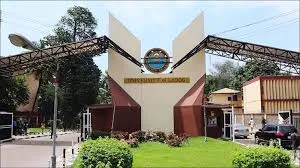
Unilag’s Recovery: Navigating the Challenges of the Japa Effect
The University of Lagos (UNILAG) continues to grapple with the repercussions of the “Japa” phenomenon—a term describing the mass migration of Nigerians seeking better opportunities abroad. This trend has notably impacted the university’s staffing and student body.
Impact on UNILAG:
- Staffing Challenges: The Pro-Chancellor and Chairman of the Governing Council, Chief Wole Olanipekun, highlighted that UNILAG is still experiencing significant effects from the Japa syndrome. He emphasized the need for improved welfare packages for academic staff to address human capital deficits.
- Increased Transcript Requests: The Vice-Chancellor noted a surge in transcript requests, indicating a rise in graduates seeking opportunities abroad.
Broader Educational Implications:
The Japa syndrome has broader implications for Nigeria’s educational institutions:
- Resource Strain: The migration of both students and educators leads to reduced educational resources and support, potentially affecting academic performance.
- Quality of Education: The departure of experienced educators can diminish the quality of education, as remaining staff may be overburdened.
Recommendations:
To mitigate these challenges:
- Enhanced Welfare Packages: Improving salaries and allowances for academic staff could help retain talent within Nigerian universities.
- Policy Reforms: Addressing underlying issues such as unemployment, unfavorable working conditions, and insecurity may reduce the impetus for migration.